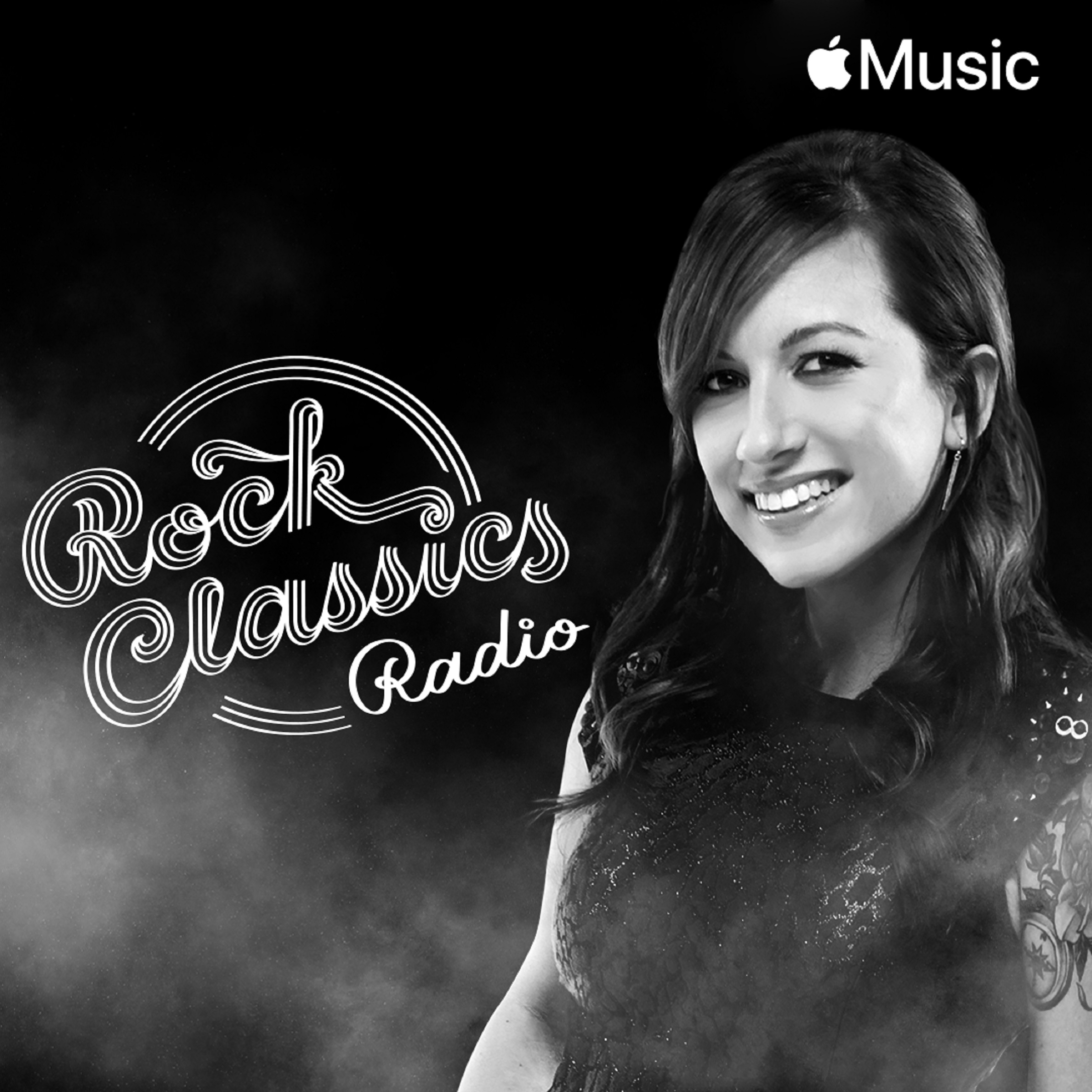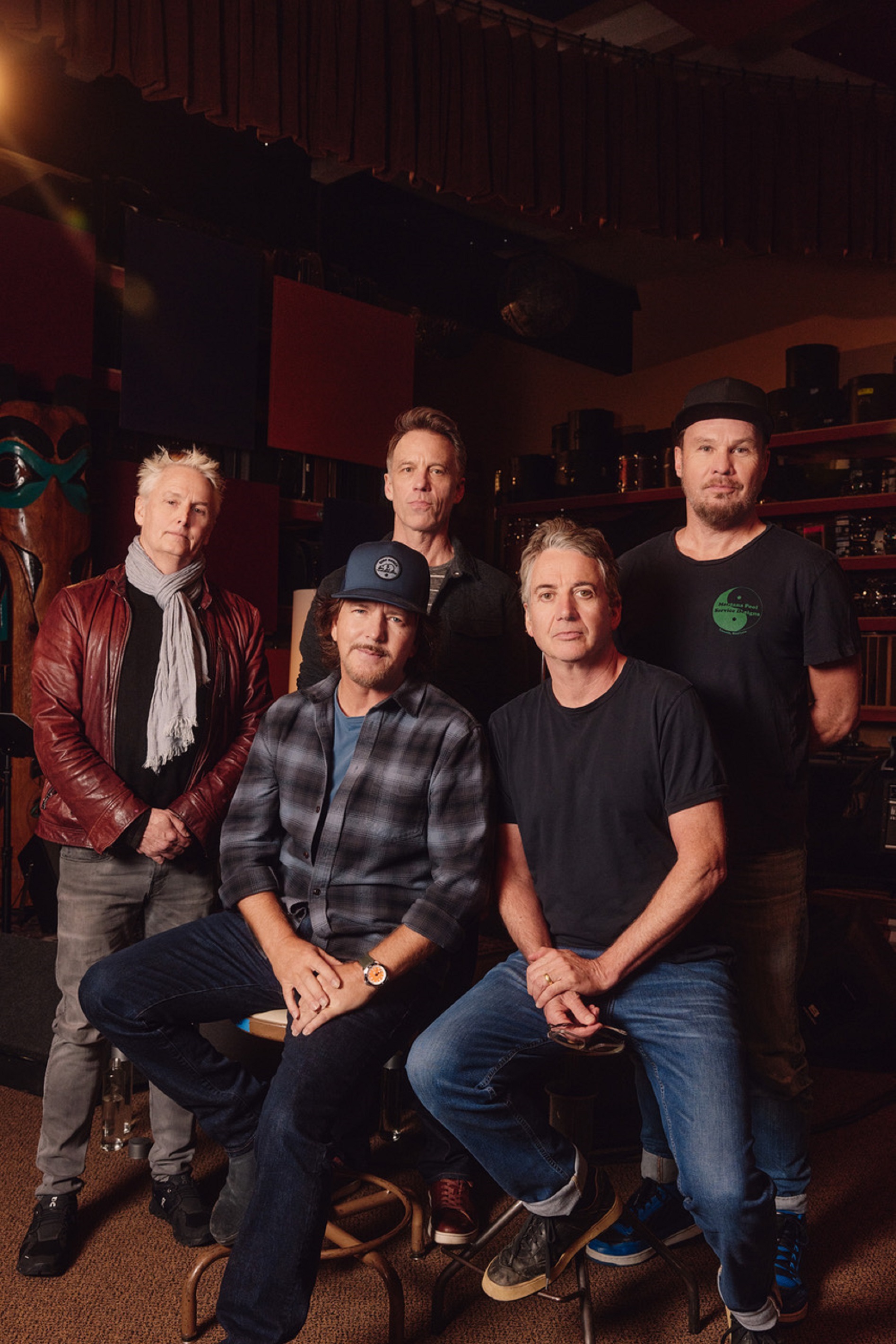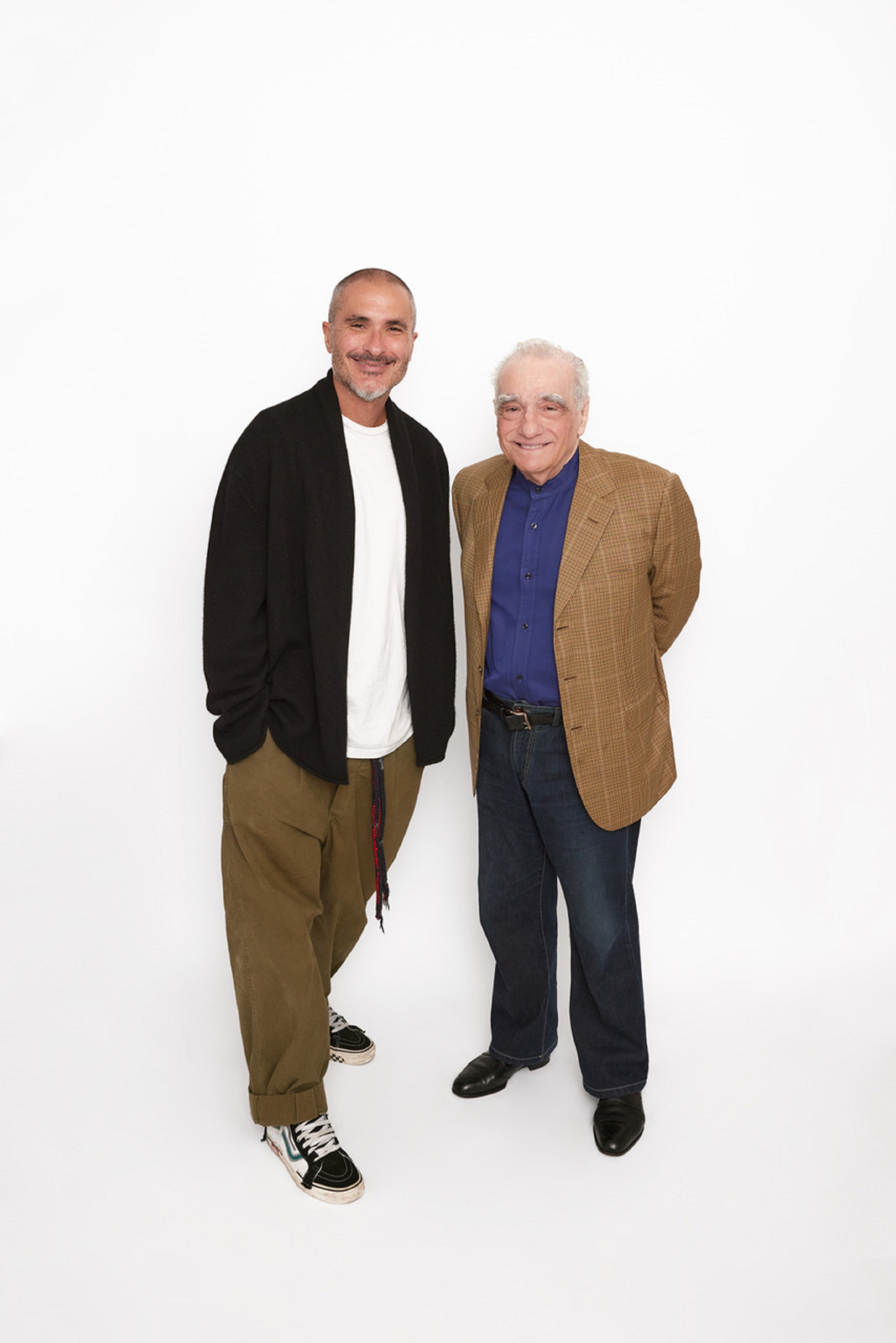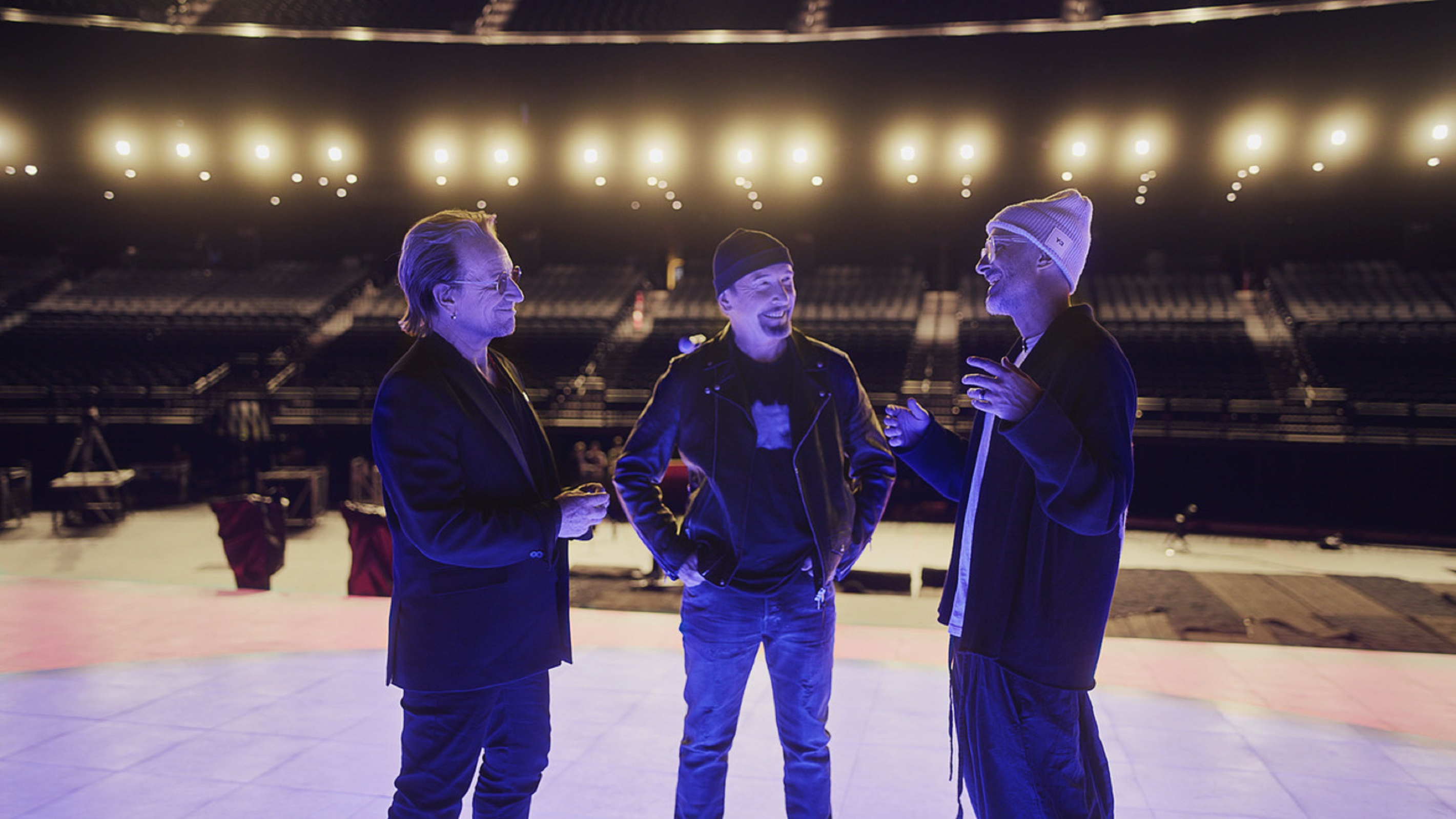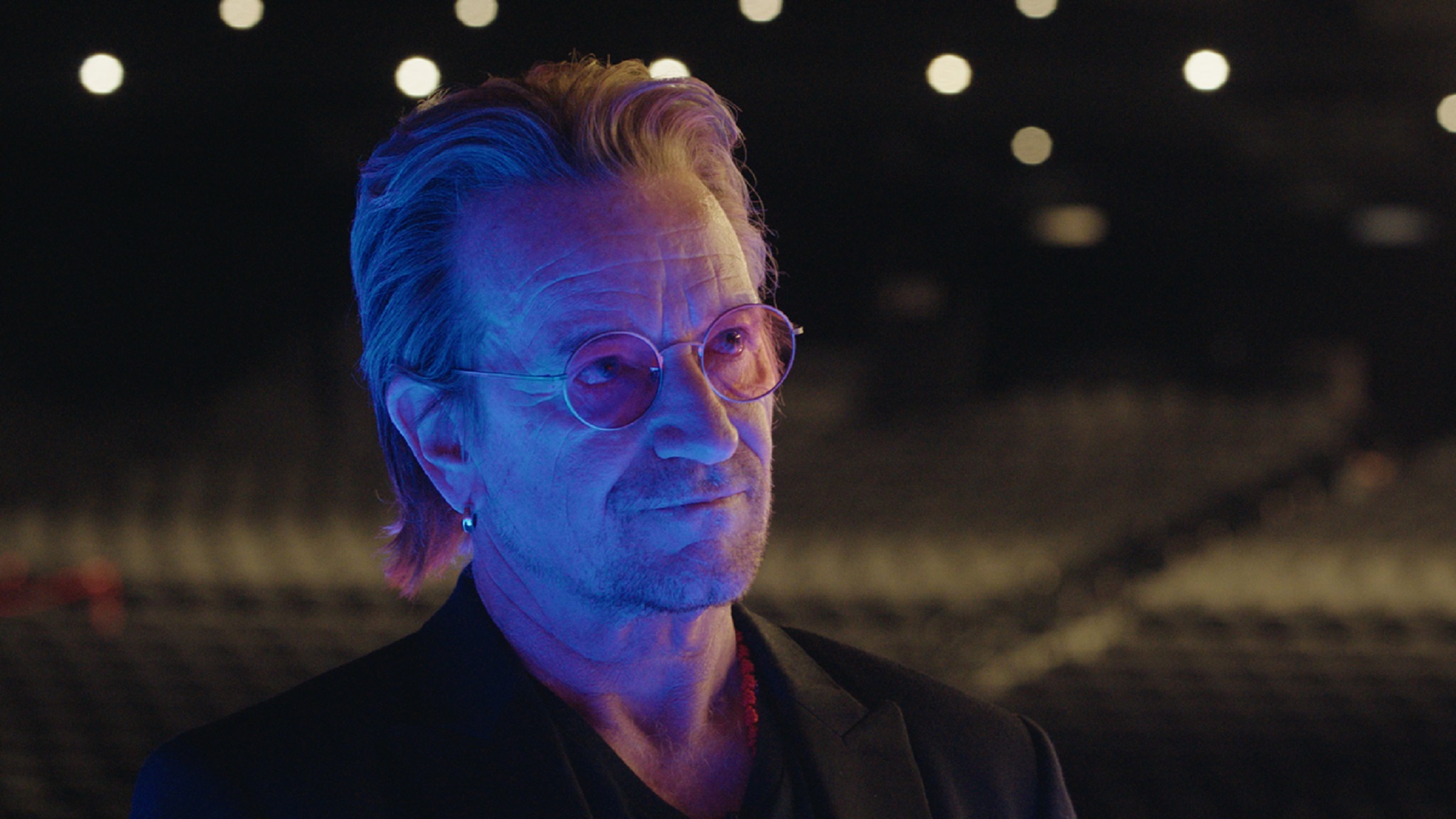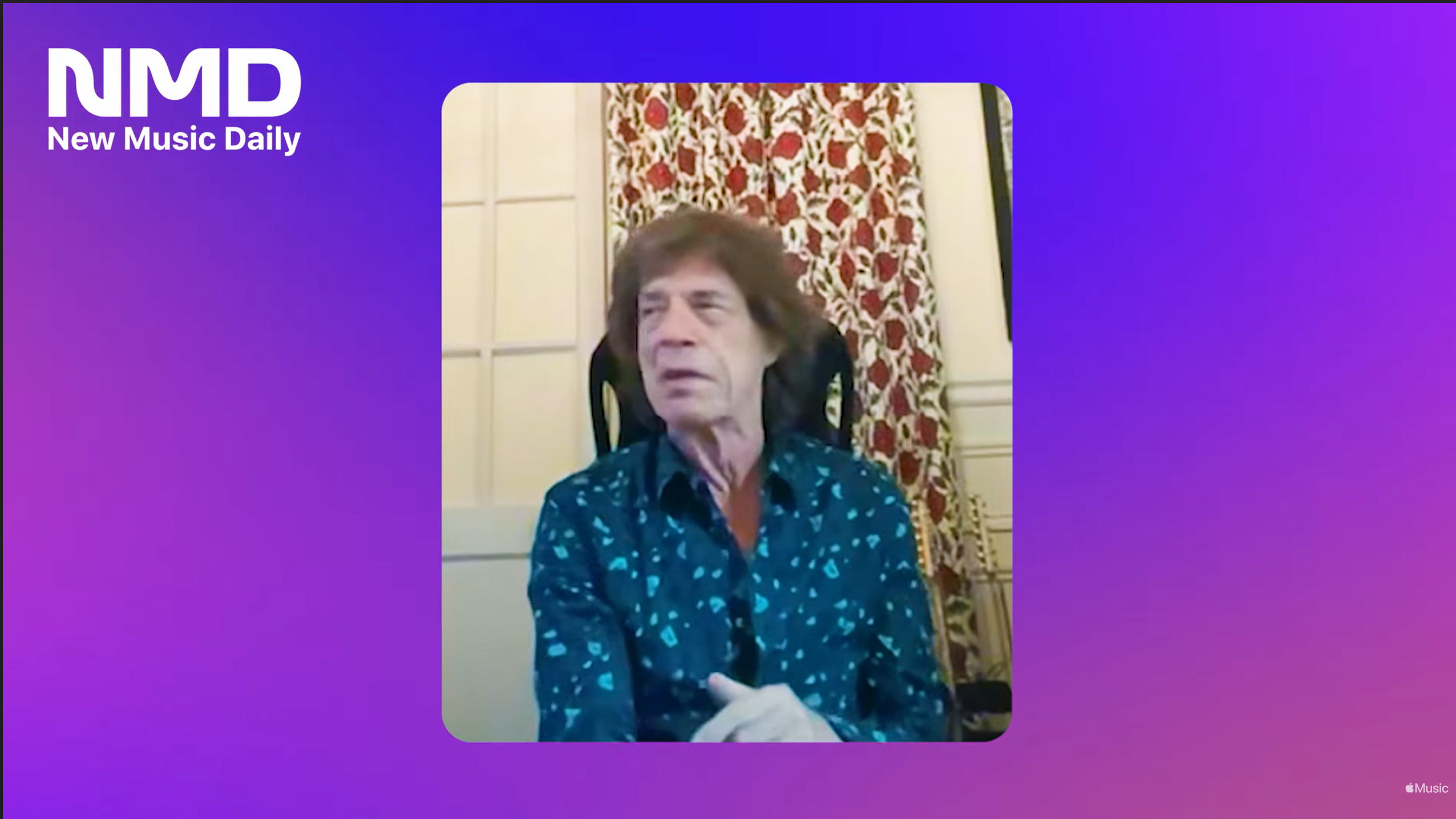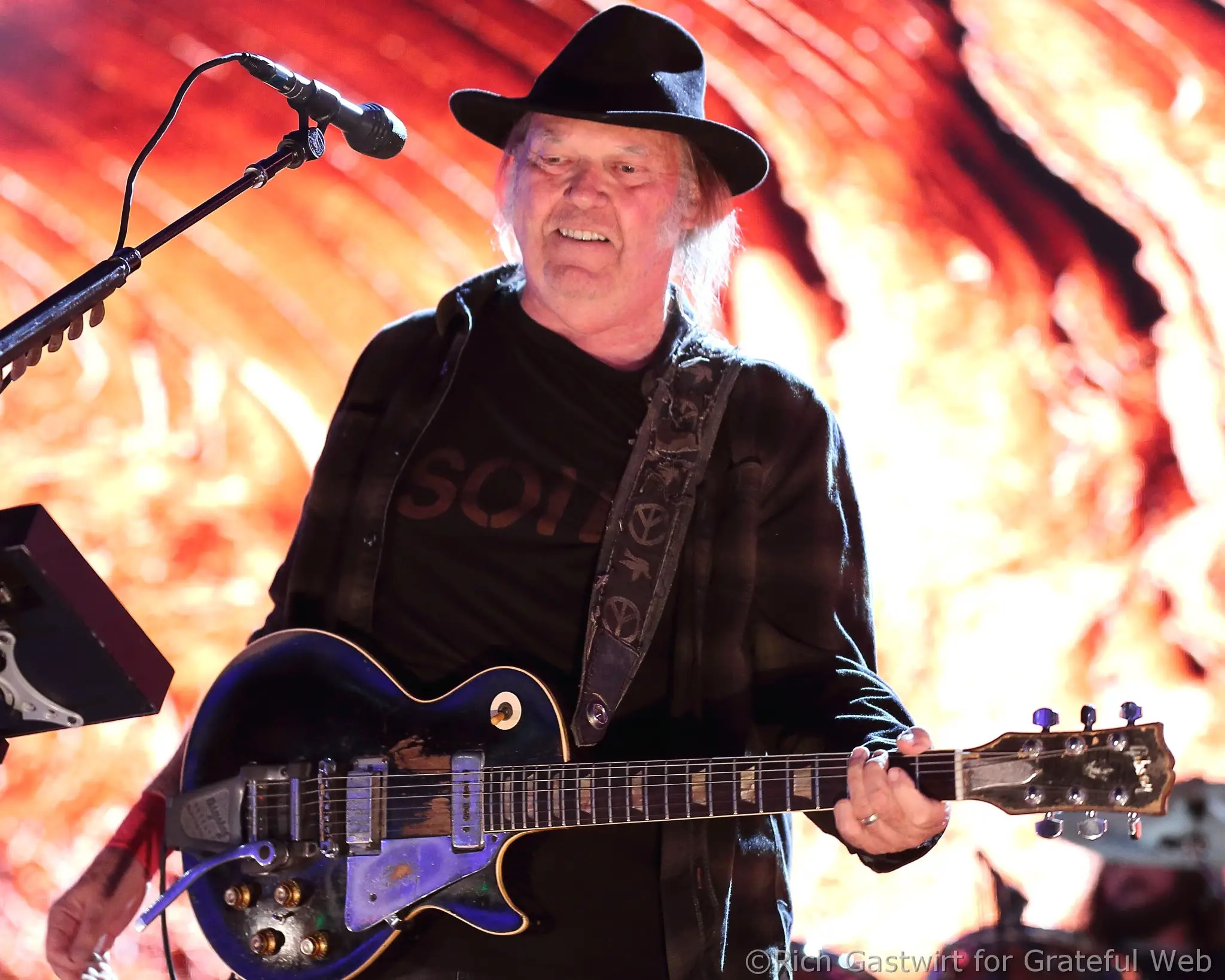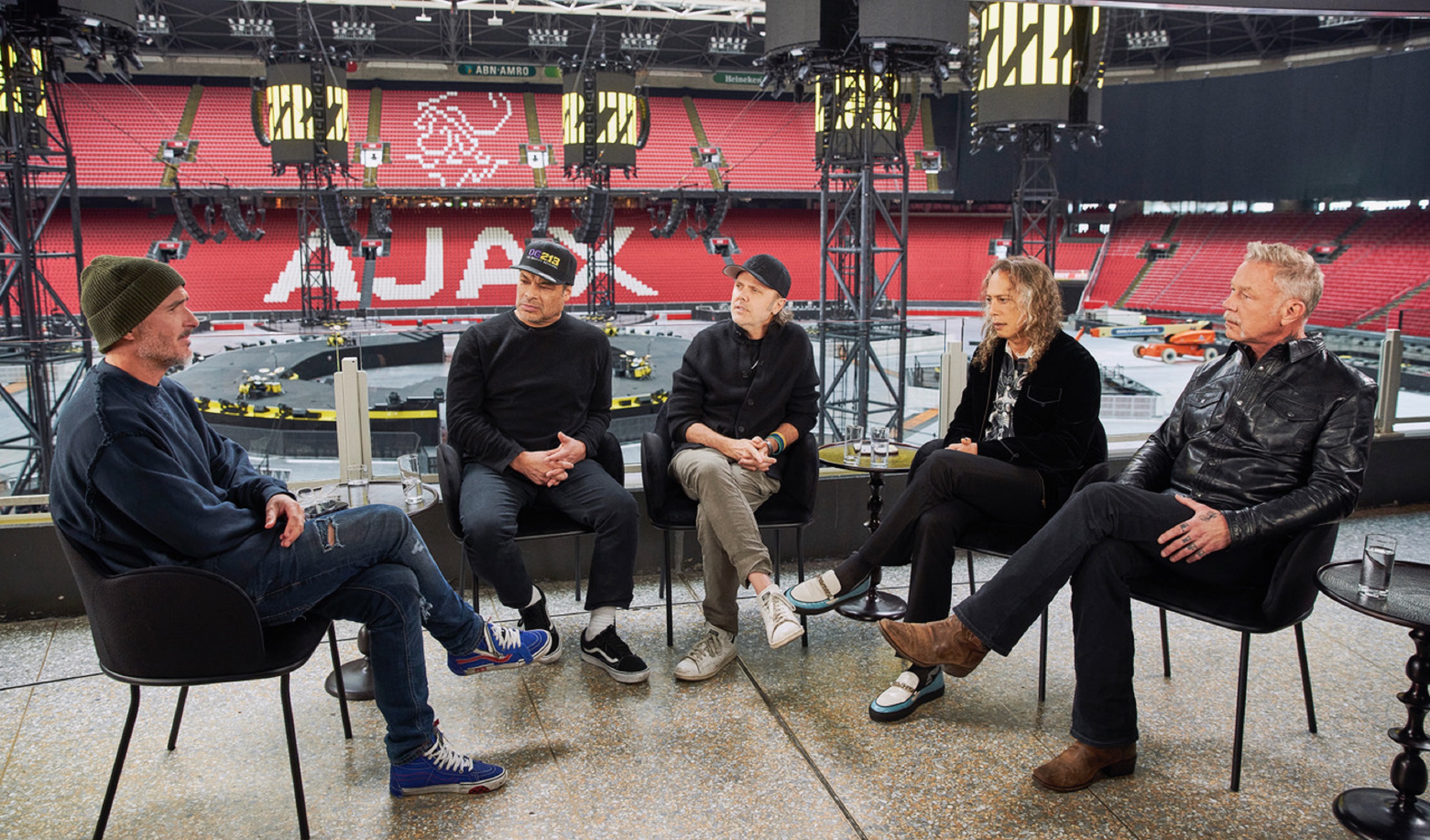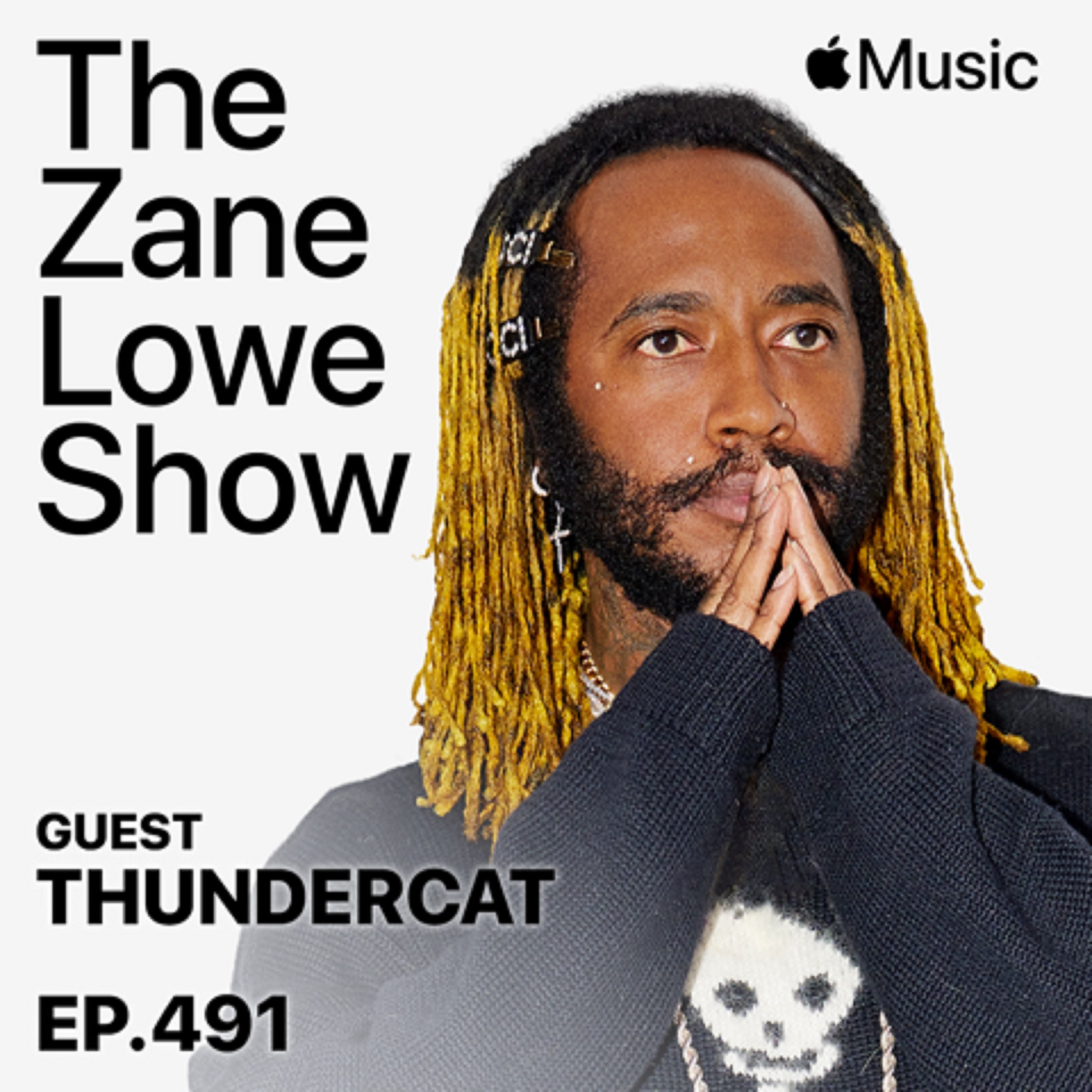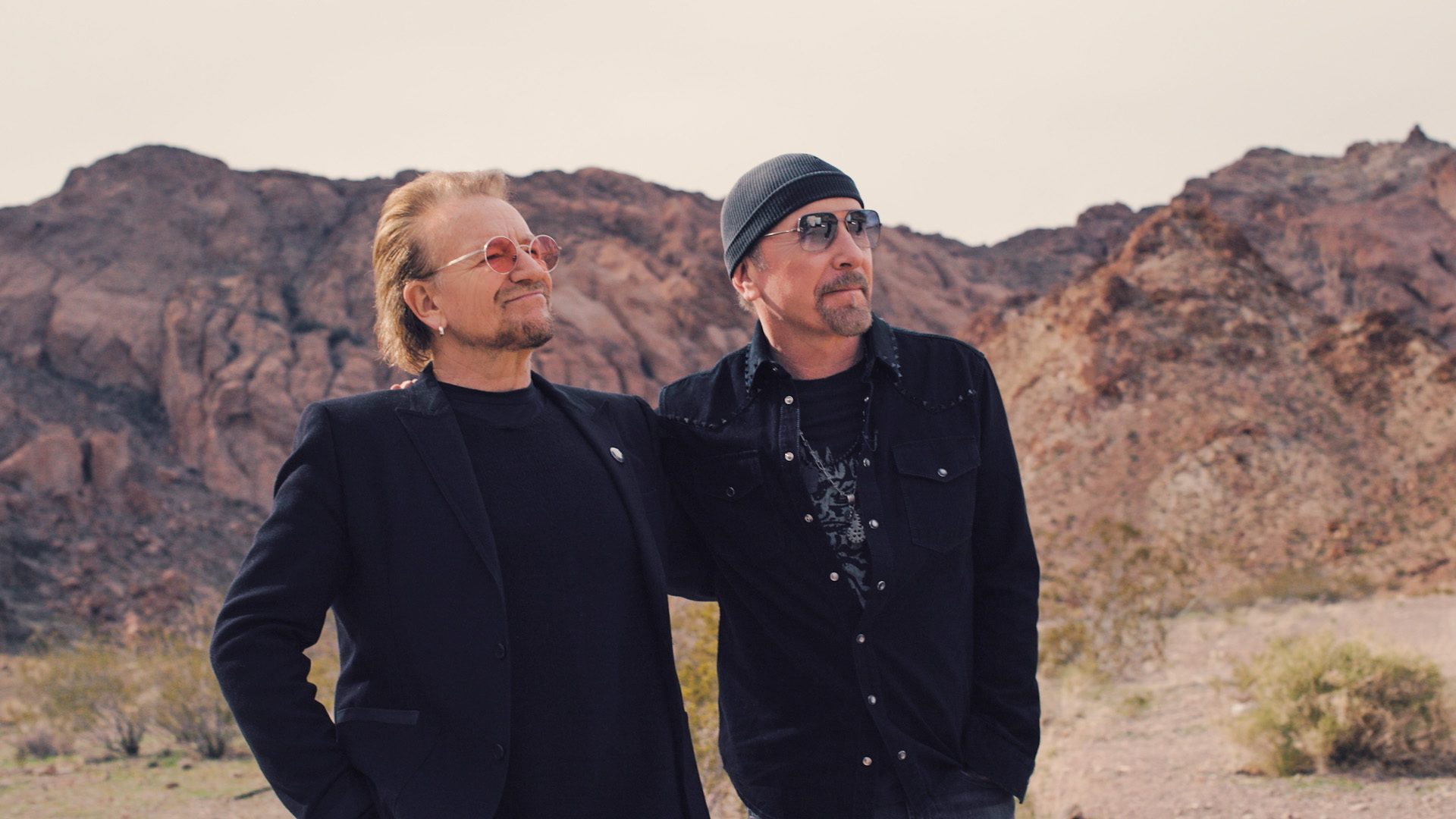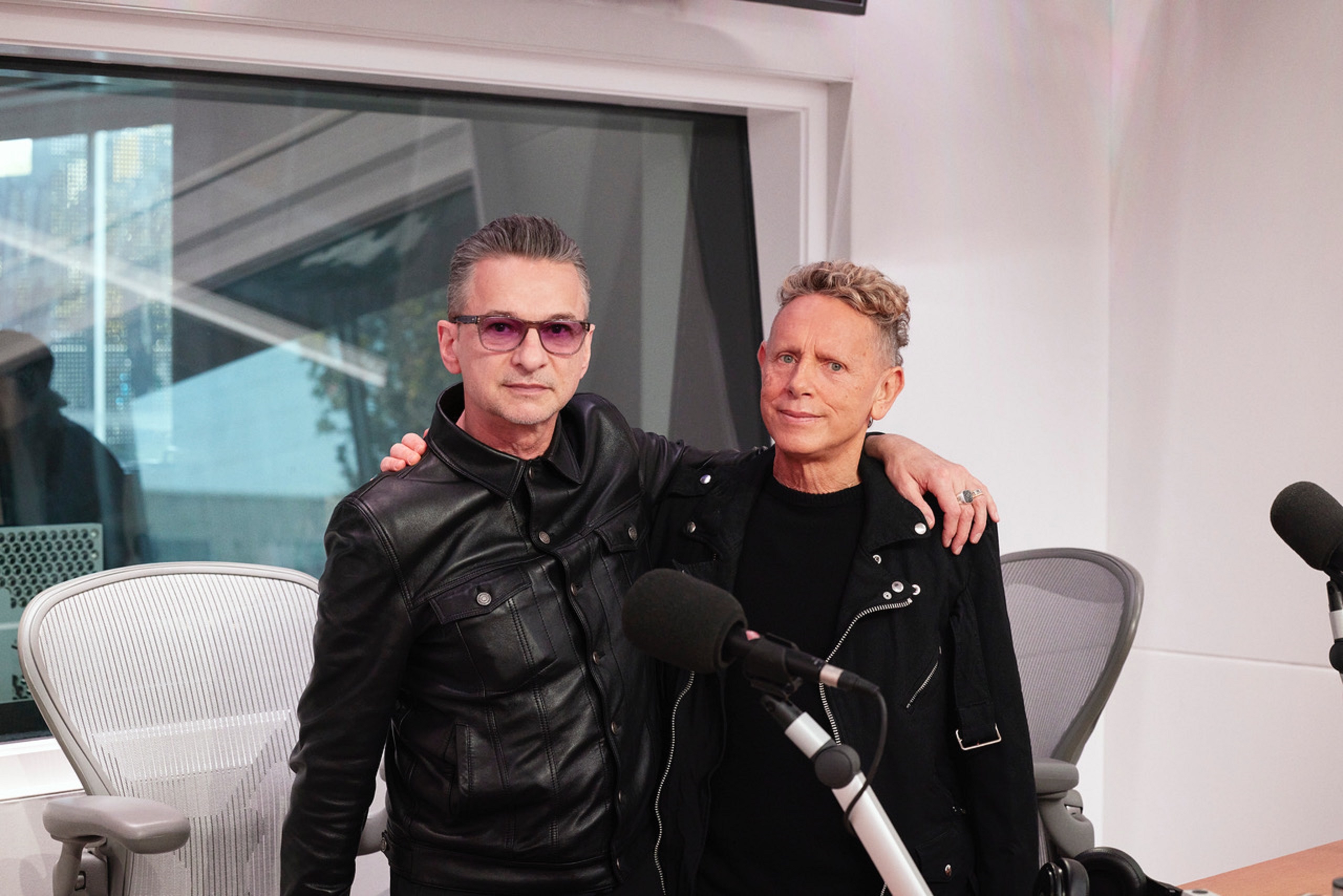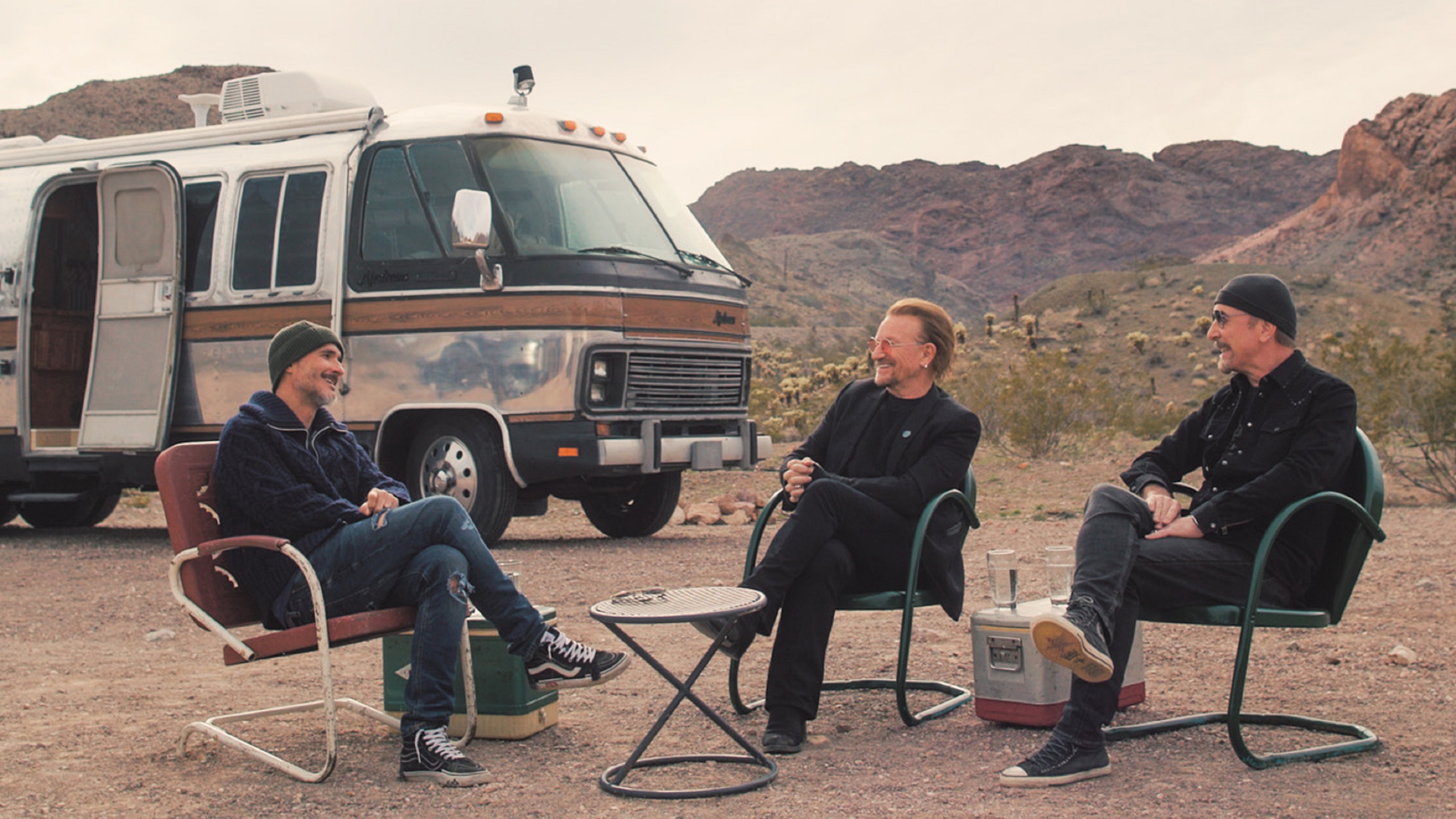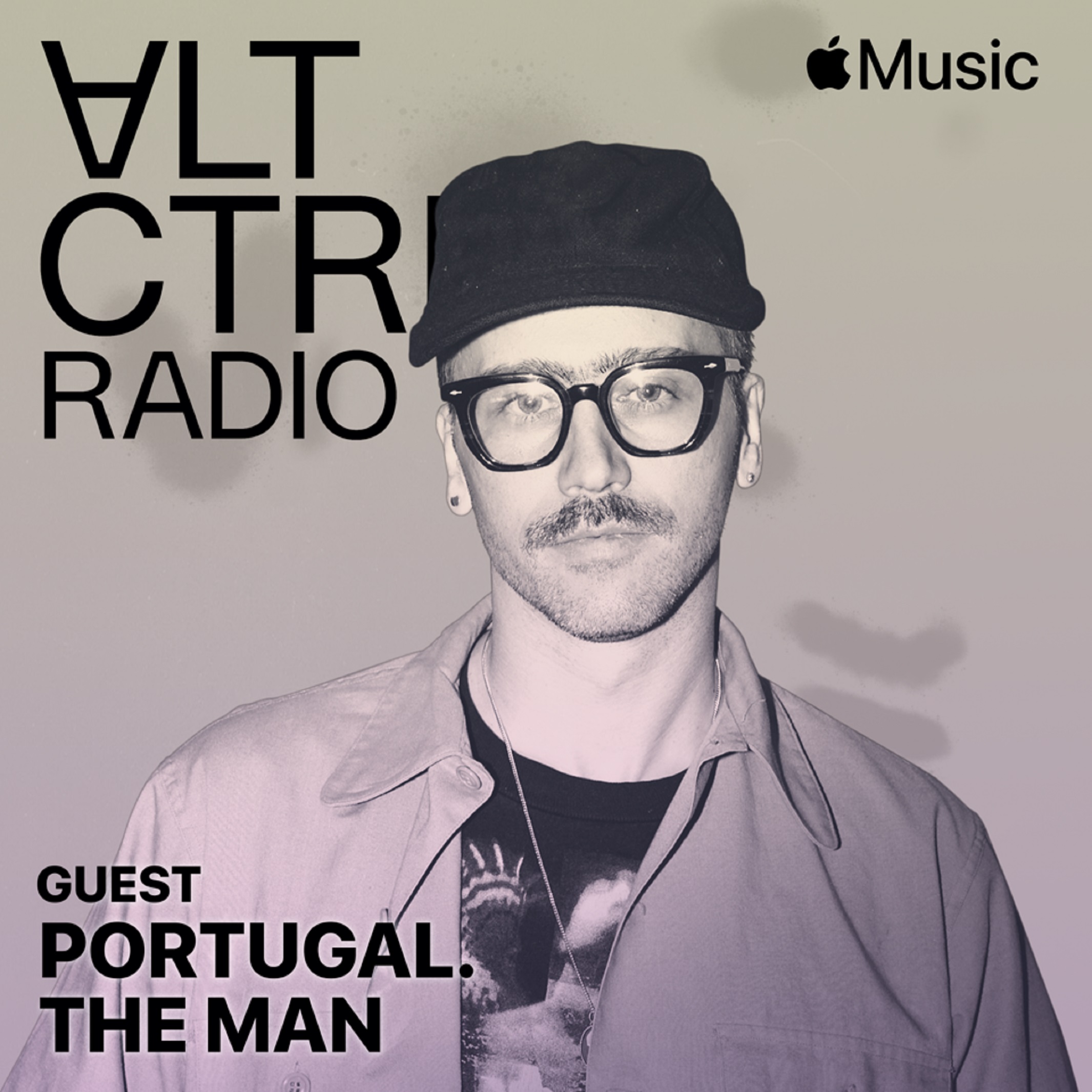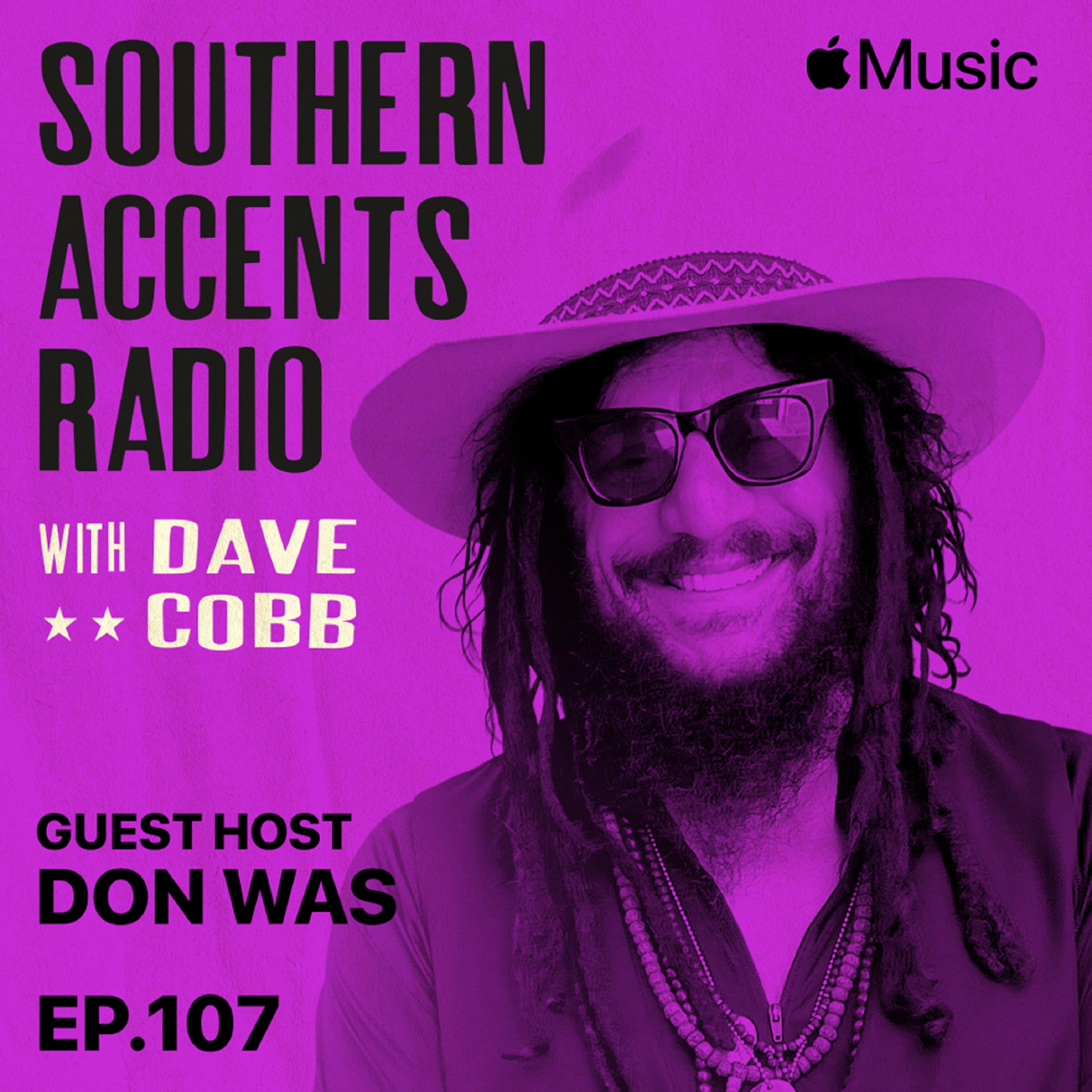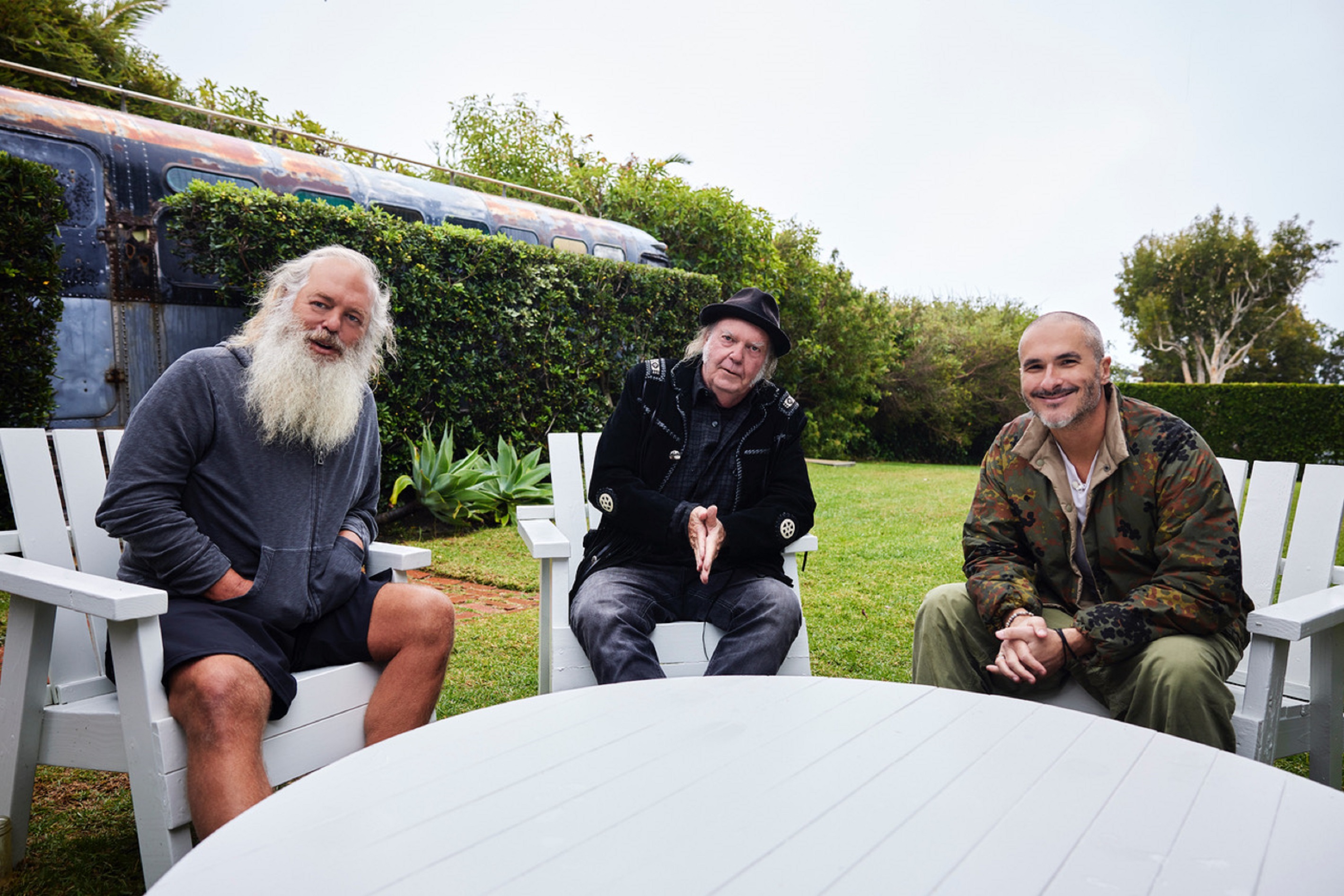Tom Scholz of Boston co-hosts Rock Classics Radio with Jenn on Apple Music Hits as he celebrates the 45th anniversary of the band’s eponymous album and takes listeners through the hits that inspired him, from The Kinks and Led Zeppelin, to Jeff Beck, Deep Purple, and more. He also talks about ‘Foreplay’ being Boston’s first complete work, and when he realized ‘More Than A Feeling’ was an impactful song in rock history.
Tom Scholz on wishing he could meet Jeff Beck
"I actually wish I have, but I've never met him. However, apparently after he bought a couple of my rock man headphone amps, he did send in his two warranty cards and I have the one, my Bill Meyer bulletin board still. I mean, the guy's interpretation of just melody in general with his guitar was just unheard of up to that point. Obviously he was a guitar player for the Yardbirds along with two other great guitar players. He just had a way of it was like a vocalist singing the lines on it. He could do it with his fingers and the fret board. I think that's what really moved me, was the, his ability to control the sound of the individual notes. When somebody talks about a piece of music and playing a C sharp or whatever, you can hit a C sharp on a piano note. And it's gonna sound pretty much the same each time with a guitar. There's a thousand different ways to play that note and all of them sound different and all of them have their own sort of expression. He was just an absolute master of the controlling, the individual sounds that come out of each note of a guitar. And that's what really got me interested and trying to learn that art because up until listening to him do it I just, I wasn't that excited about it. Hearing him really inspired me… with that amazingly raspy voice."
Tom Scholz on how he discovered The Kinks
"I actually heard them driving my '55 Ford that I had restored at under that weight at way too high, a rate of speed. Especially with that music line, that was the first place I heard that, uh, with my fourth, of course, the am radio speaker turned all the way up and practically bouncing out of the dashboard. That was just an amazing thing. The moment you heard it, "du nu nu nu nuh" , you had like, I, they had me right there. So by the first snare hit, I was, I was hooked. The Kinks, they are, I would have to say probably the biggest influence for me to get interested and popular rock and roll. I was nine and an Elvis Presley fan. It just didn't do anything for me and Buddy Holly. I didn't have any interest at all in rock and roll music at that point. When I heard The Kinks, that was it. It was literally, it was All Of The Night and All of the Day. That's all I wanted to hear. Fortunately of course I grew up in Toledo, Ohio. And if you lived in Toledo, Ohio in the sixties, uh, you heard CKL w from Cleveland and you heard the Detroit stations. And basically what you got was Motown, day and night Boston. However, the city of Boston was offering a much different flavor of music and they played you know, sort of the English sound rock and roll. And at night you could get Boston radio stations on AM radio, as far as Toledo, Ohio. This sounds like ancient stuff like from back in the days of the, like the Romans and the Greeks. And that's what really, uh, sort of influenced my whole outlook on rock music was this new sort of English sound that ironically came from Boston. And that does have something to do with why my music was eventually called Boston about eight or nine years later."
Tom Scholz on Led Zeppelin
"The music was awesome. This a brief part in how many more times, which goes on for a long time. There's a brief, there's a brief part in the middle where they have some breaks and Jimmy page starts playing this melody over the top of it. Then he goes back and he adds a second harmony part to it, which clearly was sampling harmony to himself on tape. And that did not go unnoticed by me. I, I thought that was one of the coolest things I'd ever heard. Never had heard it anywhere else. And all I could think of is I would like to hear a lot more of that. Uh, so, uh, when I got, you know, when it came to my turn, sort of to, um, write in a range, I was determined that a harmony guitar parts were going to be, um, this is the thing that I was going to do."
Tom on James Gang ‘Rides Again’ being one of his favorite all time albums
"I was going to say, not everybody.... I mean, you know, James Gang Rides Again, people, when you, you know, when you mentioned Joe Walsh, they said, oh, the Eagles now, not the Eagles James Gang. And of course a lot of James Gang was simply Joe Walsh, but his work on the guitar, again, it's his knack for a funky guitar playing. It was unparalleled. And it really showed up on that, uh, the album Rides Again, which was, uh, not only one of my first albums, but one of my favorite all time albums and I, of course was a huge, huge fan of Joe Walsh and his playing style. There was a short period of time where everything I played on a rhythm guitar sounded like Joe's show playing Funk #49. So, okay. That was another song I could play in my suite."
Tom on how Deep Purple ‘Hush’ got him excited about playing organ
"This was my introduction to Deep Purple. And of course, this is now, now you're back in the early sixties. That song just sounds and no offense did, you know, Deep Purple in their later formations and music. And that, that's what they are most popular for the music they did much later, um, in the late seventies. But that song is completely different in style. And the primary reason for that is that Hammond player was just astounding and he was doing things that not only had I never heard before. Um, I really, frankly, hadn't heard since that is what got me a lot more interested in pursuing Oregon in general. I already, I knew how to play piano. I knew how to play keyboards. It was not a big challenge for me, probably because I learned when I was a little kid. So it, it kind of stuck with me. But when I heard that guy played Hammond, I went, oh my God. So first thing I had to do was find some way to get a Hammond because they're huge, they're expensive. I was in, uh, I was in school and then headed for college. And of course, like everybody else in college, I had no money. So I did eventually I was able to scrounge the lowest echelon of, uh, uh, Hammond, Oregon called the MP3 from a really old couple that were getting rid of it. And, um, then I had to, it took me years, but I finally figured out, you know, what that guy was doing and how he was doing these things. Cause it was just so, uh, it was just so unusual. I, I had my background in hearing keyboards in Oregon in particular prior to that with Jimmy Smith and maybe a little Booker T and the mgs and of course a completely different style of playing, but one that I really appreciated. So I, I feel like I sort of learned how to play with music and by play with music. I mean, how to you know, how to mess around with music on an Oregon keyboard from Jimmy Smith, but, um, being able to utilize those style elements from that first song, from Deep Purple ‘Hush.' That was what really got me excited about playing organ. I sort of combined the two along with a fair amount of Chopin and, uh, some other classical musicians.”
Tom on what a phenomenal organ player Jimmy Smith was
"No [I never got to meet him.’ I never meet anybody. I mean, as everybody knows, I'm reclusive. And so that kind of comes with the territory of you. Don't meet people, however, yeah. Jimmy Smith, what a phenomenal organ player. And, uh, you know, just for that, those are those risks and those things to be in his brain someplace. It was amazing. Uh, I did my best at using what I learned from the combination of his playing and my classical training to, uh, uh, when I tried to fit, um, Oregon into the songs that I was writing. So I think kinda hear some of both, I will never claim to be Jimmy Smith. But I was probably kind of one of his disciples at one point."
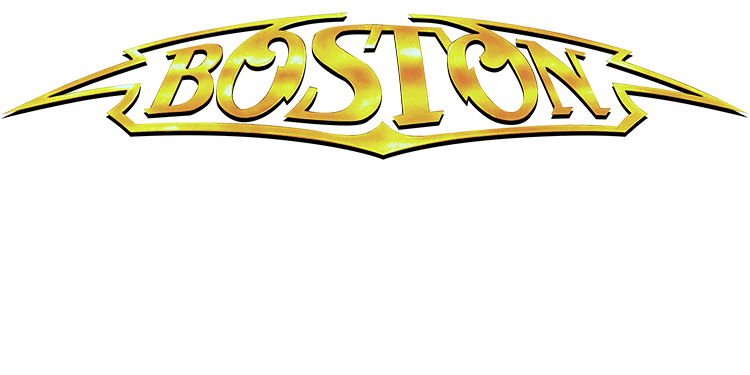
Tom on Foreplay being the first complete piece of music for Boston
"That's true. It was the first complete. It wasn't a song cause it's an instrumental. But I wrote it in 1969. It was well, technically I was a junior at MIT. I wrote it on a, a Wurlitzer electric piano. And for those of you who don't know what a Wurlitzer electric piano is, it was one of the first and it actually had real piano keys. And, uh, these strange little vibrating reads inside, it was all electrical mechanical. So when you played it, um, you were like banging on the keys, like you would on a real piano, hard. It wasn't an electronic keyboard. So mine was on the fourth floor of the apartment building I lived in and when I would get done with my problem sets and I had a little bit of time left, I would go crazy jamming on my electric piano. And one of the things I was working on was this song, foreplay course, I would do that really late at night after I finished my problem set. So at like 12 one in the morning, I'd be banging on this thing. And I didn't realize that it was a wood floor and it was connected directly to the ceiling below me of the three girls that lived in the apartment. I wonder why those girls didn't like me. You know, none of them ....They never complained. They were the best. They never complained. And when I was leaving there, finally I have to two years, they said, you know, we heard you playing that. And I won't say the word piano every fricking night. And, um, they'd never said a thing now, let me do it. Thank God because I would have stopped. That was one of the first things that came out was the song foreplay. Uh, in the end, the version that's on the first album is the, is the shortest recorded version of it. And basically what I was keeping them awake at night, and then down in the apartment below me, uh, it has a much, much longer versions that we, that we did live. And eventually we would, we played the whole thing which went on for about six minutes. It's still one of my favorite pieces of music to play. And thankfully, one of the things that I can remember without ever practicing. So if I there've been times when I haven't played at Oregon for a well over a year, it doesn't make any difference. I can sit down and play that without a hitch. So thank God …"
Tom on how it took 40 years for him to realize how impactful Boston's ‘More Than A Feeling’ was
"I think maybe about three or four years ago, you know. I didn't really expect that people were going to get very excited about that song. You know, I went through this really agonizing process for like six years where I worked on material and built studios and, and designed equipment for making musical equipment, for making the sounds that I needed and so forth. And during that time, I mean, I was rejected by everyone all the time. I had virtually no positive support whatsoever. There was a drummer that I like to jam with and that I would sometimes work with for ideas. Other than that, there was just nobody, I didn't get encouragement from anyone. So as I was recording the first, recording of More Than a Feeling, which was a demo cut at which by the way was exactly the same as the final version. I didn't think anybody was going to like it. The reason I was doing it after, when I got to that point, which was about six years after I had sort of started on this, this quest, my goal was to get a song played on a local radio station for, you know, just a couple of times so that I could go out and play a guitar in a band locally and have people have some idea what they were going to hear and listen. I wanted to play original music. I didn't think my original music was very popular or fit in any kind of groove, uh, any kind of marketing niche, because basically every single, uh, record company that I had ever sent the demo to. And I sent a lot all said. So when I did more than a ceiling, you know, there was a song that I really liked. And, you know, I love that whole, like the whole guitar thing that Dom Dom, which it turns out it's really unusually hard for most guitar players to get the hang of, um, I've showed it to many people, including some that played on stage with me. And I thought it was very natural. It turns out it's a really unnatural and I didn't think that it was going to be a big thing with anybody. I thought, well, they'll probably pick some other one of my other songs if I do get lucky and get something on the radio. So even after I had to, even after I landed a recording contract and it knew that there was going to be an album released, whatever that meant. I still didn't expect it to be a success. I was doing it to sort of, you know, complete a job, complete a project. And then I figured I'd be going back to work for Polaroid. And I said, well, if I get really, really lucky, I may be able to go out and play one or two of these songs in clubs with some other musicians and have a good time. That was my entire goal and to get to that goal, I had spent literally all my spare time for six years, sometimes I spent the time I was supposed to be working as an engineer doing it. And they had spent all of my money and some more that I borrowed. So it was reaching the end, and when I sent the last demo that had more than a feeling on it, it was with the idea that this is the last demo I'm going to send out. And once it's out and it's done, I'm going to liquidate the equipment because I've got to be a little more responsible. I was almost 30. And I was, you know, basically spending all my time and money doing this. So it's time to do something else. So I never expected anybody was going to really care that much. It's shocking to see how sort of ubiquitous that song is. I mean, people that don't even listen to rock music really will recognize a song more than a feeling or the, at least those chords never expected it. I still can't quite believe it. So when you say, when did it dawn, when did it actually sink in, really, about 40 years."





